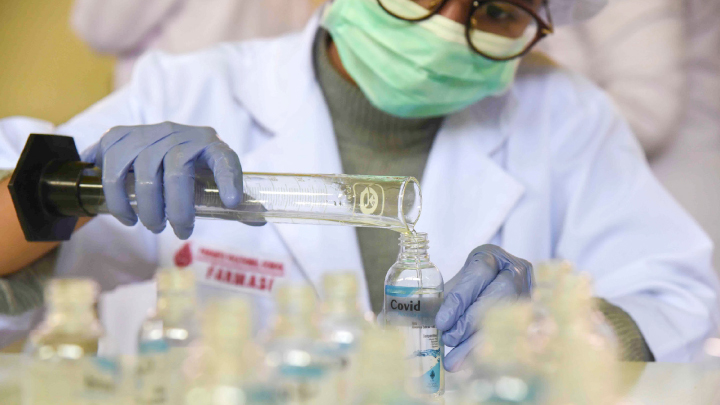Innovations Amid the Pandemic
Tuesday, May 5, 2020
arsip tempo : 171329554382.

THREE white chambers were lined up in the automotive workshop of Muhammadiyah Vocational Middle School (SMK), Gondanglegi, Malang Regency, East Java. Measuring as large as three volleyball courts, the workshop has been serving as a place for teachers and students alike to manufacture disinfection chambers since the end of March. They call their invention the SMK Mutu Coronavirus Elimination Chamber (Baskom).
The idea to manufacture disinfection
...
Subscribe to continue reading.
We craft news with stories.
 For the benefits of subscribing to Digital Tempo, See More
For the benefits of subscribing to Digital Tempo, See More









